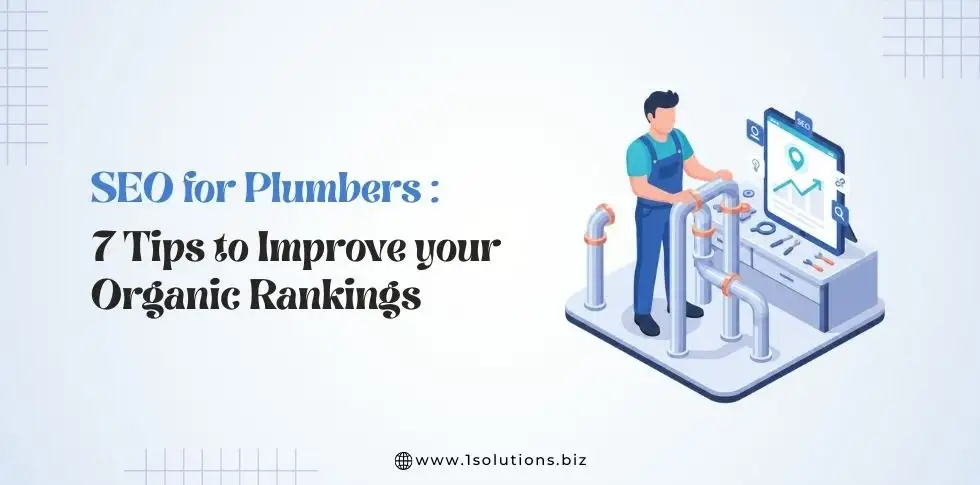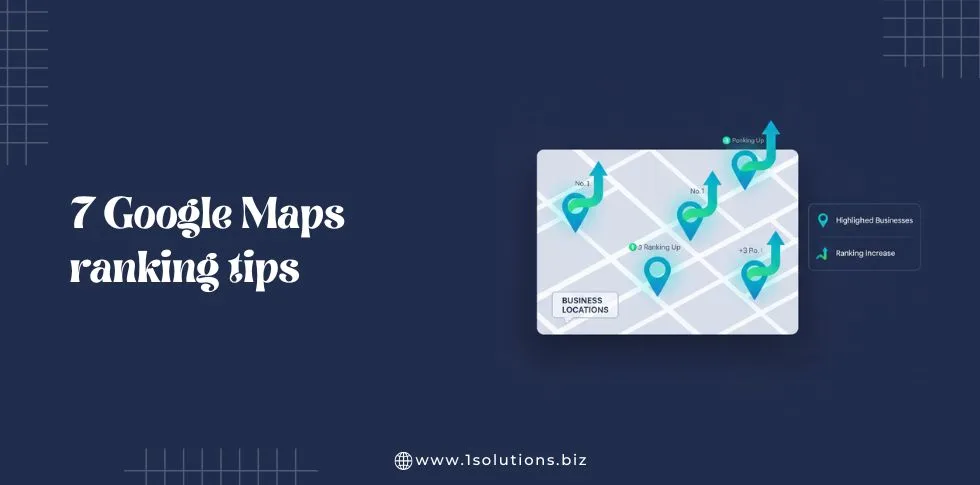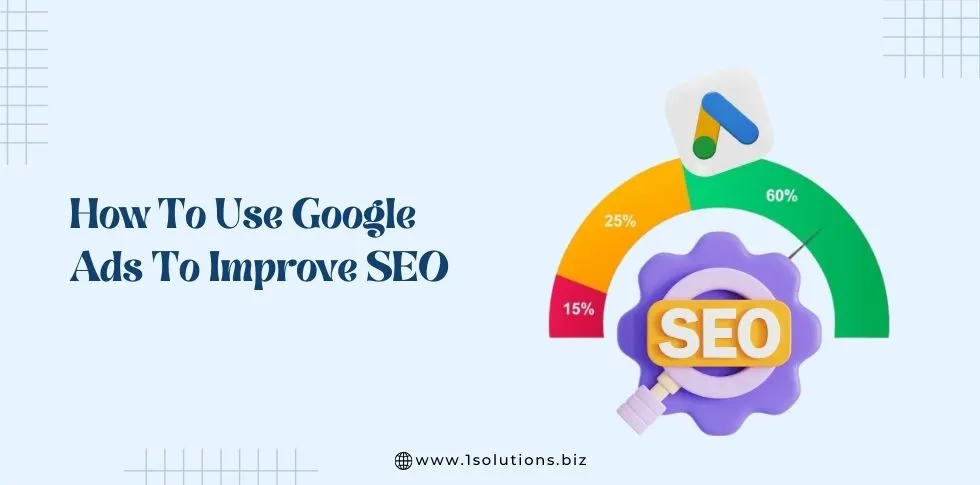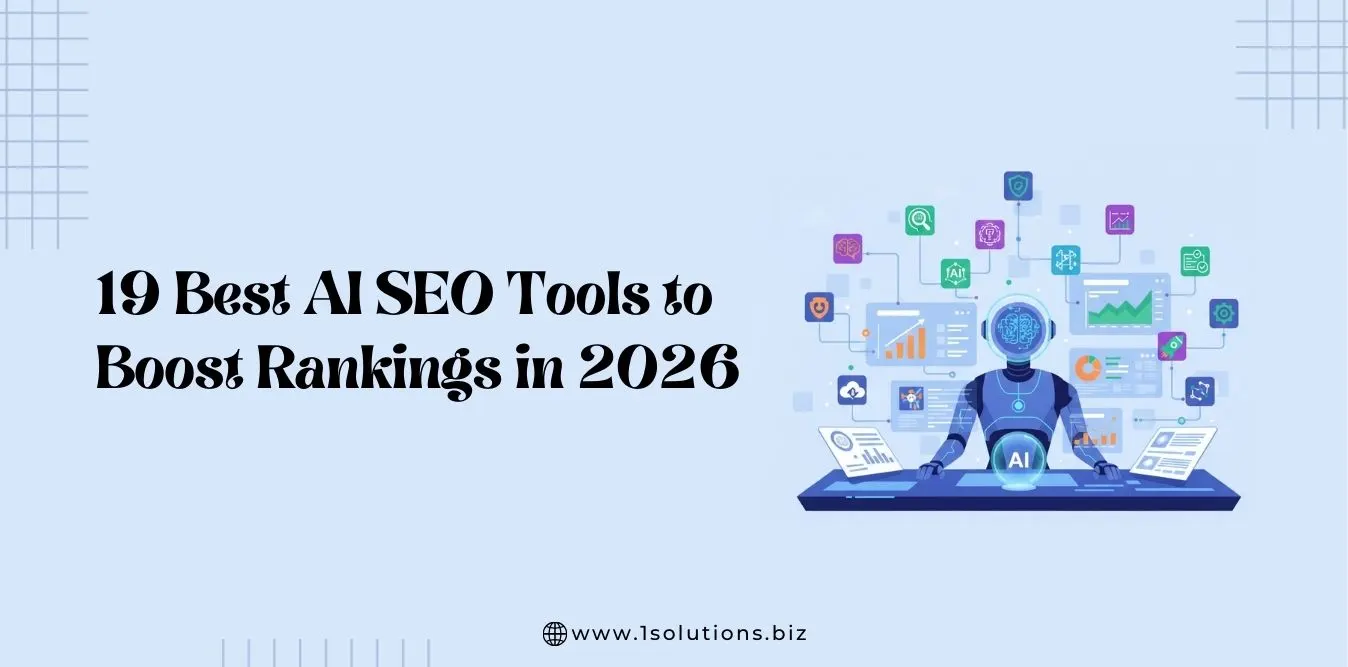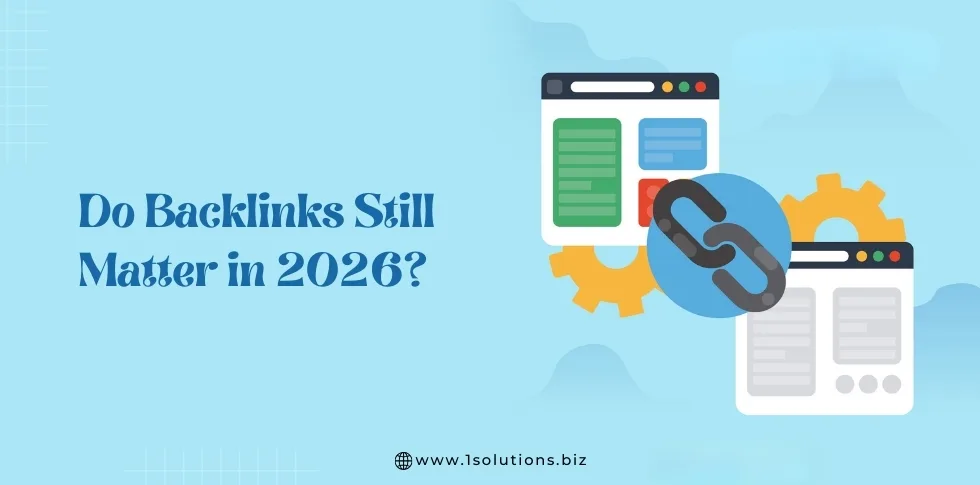What is Google Penalty?
Google Penalty is the action taken by Google when it discovers that a website or webpage has violated its Webmaster Guidelines.
These penalties can range from making a web page less visible in search results (like reducing the rankings of the site’s pages) to completely removing it from those same results.
In some cases, the penalty may even include banning a website from appearing in Google’s search results altogether. Often a business requires hiring a Google penalty removal services to over the negative impact of the Google penalty.
Google penalties can be issued as manual or algorithmic.
Manual penalties are issued when a user is found to have violated a specific guideline, while algorithmic penalties are determined by a set of automated rules.
When a website violates one or more of these guidelines, it can lead to Google imposing a manual penalty on the website.
Here Are Nine Manual Penalties Webmasters Should Avoid:
1. AMP Content Mismatch
A mismatch between Accelerated Mobile Pages (AMP) content and the canonical version of a web page can incur a manual penalty from Google, which could have huge impacts on any business’ website traffic.
It is therefore important to ensure that all versions of AMP and canonical content are kept up-to-date so that the user experience is optimal.
Cross referencing multiple versions of a page can help ensure that elements such as titles and meta descriptions match, decreasing the likelihood of incurring such a manual penalty.
Being aware of possible penalties for mismatched content is key to launching successful websites with fast and fresh content always available.
How to Avoid Google penalty:
Ensure that both versions are practically identical. On either page, visitors should be able to locate the same topic and do the same activities.
2. Cloaked Images
Cloaked pages have become an increasing concern for search engine optimization, as this deceptive practice can lead to a manual penalty from the likes of Google and Bing.
Although some cases are accidental, SEOs should guard against the temptation of purposely cloaking webpages, as the risks far outweigh any potential rewards.
Search engines have sophisticated methods to detect these activities and may shut down entire sites if cloaked pages are found.
This means that it is vitally important to embed best practices related to cloaking into one’s SEO strategy. Doing so will help ensure that efforts on organic search remain fruitful and resilient in the long run.
How to Avoid Google penalty:
If you don’t want the images to be small or left out of Search, you should make sure that Google and users see the same images.
3. Cloaking and/or Sneaky Redirects
Cloaking and sneaky redirects are penalized by search engines not only for the frustration they cause to searchers, but because of their illegal implications.
If a user is led to an unexpected webpage that includes hidden malware or sensitive data is stolen, then it can be traced back to these penalized techniques used by website owners.
So if a website owner chooses to pursue this tactic, whether it’s for malicious intent or innocent means, it’s important to note that search engines don’t take kindly to it and the implications involved could be costly.
How to Avoid Google penalty:
Perform a comprehensive technical SEO audit of your web pages to determine whether or not they seem differently to search engine crawlers and users. Verify that you are not forwarding users to pages containing unwanted content or to spam domains. Hiring a company that offers Google penalty recovery services would save you time, money, and effort if this seems onerous.
4. Hidden Text and/or Keyword Stuffing
Hidden text or keyword stuffing is frowned upon by search engines and will lead to a manual penalty, reducing your website’s visibility in search result rankings.
This unethical practice can be anything from adding irrelevant words and phrases on the page with an intent to manipulate rank, to invisible text that isn’t visible to users and deceptive redirection of users.
Search engine algorithms are designed to detect this behaviour, as it represents a deliberately misleading attempt at deceiving end-users.
Avoiding this risk is key to ensuring your content remains visible, so always ensure you’re operating within the guidelines set by search engines.
How to Avoid Google penalty:
Check your website for hidden text. Check for and eliminate repetitive keyword instances. Former Google head of search quality Matt Cutts also suggested documenting problems and their fixes to prevent them from occurring again.
5. Pure Spam
When websites engage in aggressive spamming practices, their site can suffer nasty consequences in the form of a manual penalty.
Not only is this penalty enacted on individual pages, but it actually penalizes the entire website as a whole. Automated content generation, cloaking and scraping are all commonly used by website owners to increase visibility and reach, but with Google’s constant efforts to clean up search engine results these tactics can be detrimental in the long run.
Persistent offenders might even find their sites completely removed from the SERPs all together.
How to Avoid Google penalty:
You could have purchased a domain labelled as spam. A thorough cleanup is the first order of business in this situation. Cutts stated that it is tough for a black-hat website to recover, but it is possible. When submitting your reconsideration request, make every effort to regain Google’s trust by describing how you’ll prevent future Google SEO penalties.
6. Sneaky Mobile Redirects
Many mobile website owners are unknowingly penalized because of these sneaky redirects. It is important to be aware of different types of redirects that can occur, such as automatic or manual.
A manual penalty means that a human reviewer from Google has marked a website for suspicious activity.
They will then investigate the site to make sure it meets their guidelines and consequently pass or fail the website in question.
Manual penalties occur when a website doesn’t follow Google’s webmaster quality guidelines, including mobile-only sneaky redirects.
It’s a good idea to audit your website often to ensure that you are adhering to all guidelines set by search engines; this will save you from being slapped with potentially severe penalties from an algorithmic or manual ranking update.
How to Avoid Google penalty:
Before seeking a review, make sure your site hasn’t been hacked and examine any third-party scripts or widgets.
7. Spammy Free Host
Google’s Manual Penalty for a spammy free host is a measure that protects the web of low-quality content and forces those who wish to be legitimate contenders in the search engine market to invest resources into reputable web hosting services. Anyone who has seen first-hand the toll it can take when a website performs poorly in search engine rankings knows that investing in quality hosting service is an essential step towards any website’s success. While this particular penalty by Google may negatively affect your hosting business, ultimately, it promotes an online environment which contains valuable information instead of garbage. As a result, everyone benefits from taking serious steps to reduce spammy websites or their effects.
How to Avoid Google penalty:
Google tries to deal with each site on its own, but you can help keep track of service abuse by reporting spammy sites you find. If your site has a manual action, you should let the technical support team know about it. If you can afford it, hire a WordPress expert to build you a site with hosting that is fast, safe, and secure.
8. Structured Data Issue
Structured data can be incredibly powerful – and incredibly damaging if done wrong.
A manual penalty can occur when structured data is used incorrectly; this happens when meta tags, reviews and other hidden information are marked in a way that misrepresents the content of a website, or when it’s designed to manipulate user behavior.
Thankfully, Google provides a detailed list of common structured data issues to help website owners avoid or remedy such problems.
By adhering to these guidelines, you can ensure your structured data works in your favor without incurring any manual penalties from internet search engines.
How to Avoid Google penalty:
Maintain strict adherence to Google’s general structured data rules. Markups should be removed or updated as needed.
9. Thin Content With Little or No Added Value
Creating thin content with little or no added value is a surefire way to get penalized by Google. A manual penalty occurs when a website’s ranking drops in the search engine result pages due to violation of Google’s Webmaster Quality Guidelines. Thin content, which can include short or low-quality articles, overly general or duplicate content, or even a page stuffed full of keywords, tells search engines that your site isn’t offering something useful and useful to users. This often leads to your website not only being bumped down in the SERPs but also results in a manual penalty from Google.
How to Avoid Google penalty:
To avoid getting penalized for thin content, make sure all of your webpages have valuable information that speak to the needs of your audience. Taking this approach will help you achieve more organic visibility for years to come.
Take Away-
The purpose of these penalties is to ensure that websites comply with Google’s guidelines and that search results are presented in a way that is fair, reliable, and trustworthy.
Google manual penalties are serious, and they can have a major impact on your website’s search engine rankings.
To ensure that you stay within Google’s guidelines, regularly monitor your site and evaluate any third-party scripts or widgets. Be sure to invest in quality hosting services to avoid being flagged for spammy free hosts and make sure all of the structured data on your webpages is compliant with Google’s general rules. Finally, always create high-quality content that adds value for your audience and speaks to their needs.
Following these guidelines will help you ensure your website stays in the good graces of Google and avoid manual penalties from the world’s most popular search engine.



















